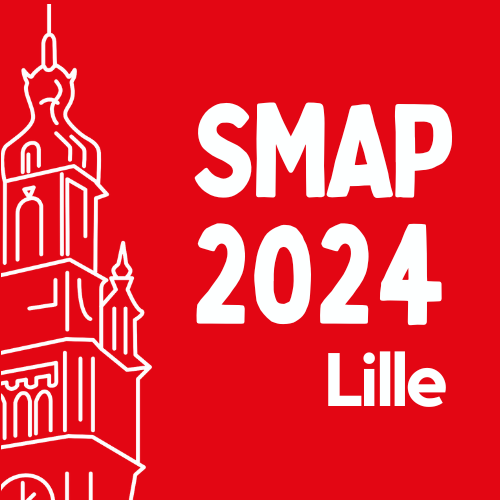
Session: Session 1
Development of a synthetic biomarker-based immunotherapy in glioblastoma
As promising immunotherapies, CAR-T cell therapies have shown spectacular results in liquid tumors. However, results in solid tumors have been less promising. To overcome the problems encountered by CAR-T cells, it has been tested to use macrophages as CAR carriers. It has been shown that CAR macrophages (CAR-M) are able to phagocyte cancer cells expressing the target antigen, thereby enabling tumor elimination in vivo. Characterization of CAR-M activity has shown that they secrete pro-inflammatory cytokines and chemokines, convert M2 macrophages to M1, act as antigen-presenting cells and are resistant to immunosuppressive cytokines. Macrophages are therefore a good alternative to T cells in the treatment of solid tumors such as glioblastoma.
However, CAR therapies depend on the identification of a tumor antigen. This antigen should be expressed uniformly, prominently and selectively on tumor cells. The choice of target will determine the toxicity of the treatment by inducing an "on-target/off-tumor" effect that will induce the destruction of healthy tissue by the CAR cells. Frequently targeted tumor antigens are also expressed at low levels by healthy cells and are, therefore not ideal targets.
The aim of this project is therefore to induce the expression of an exogenous antigen on the surface of cancer cells and to target this antigen with a CAR-M cell. Different exogenous antigens can be used but to make these proteins membrane-bound and accessible to the immune system, they must be coupled to a transmembrane domain. As these proteins are not expressed on the membrane of human cells, targeting these antigens does not cause toxicity in healthy tissues. To target only the tumor, the idea is to use a recombinant adeno-associated vector (AAVr) and thus induce the expression of the exogenous antigen only in tumor cells. The tumor cells expressing the antigen will be then targeted by CAR-M.